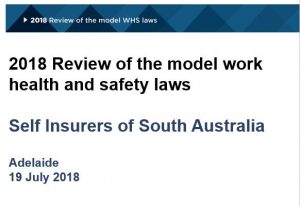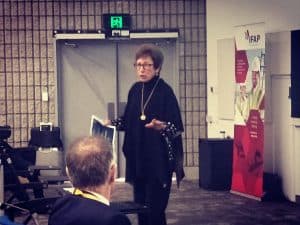 The Senate Committee inquiry into industrial deaths has released its report which, amongst many things, recommends the introduction of Industrial Manslaughter laws. At the end of this year, Marie Boland will present government with the final report of her review into Australia’s work health and safety (WHS) laws.
The Senate Committee inquiry into industrial deaths has released its report which, amongst many things, recommends the introduction of Industrial Manslaughter laws. At the end of this year, Marie Boland will present government with the final report of her review into Australia’s work health and safety (WHS) laws.
Before all this, in September, in Perth, Stephanie Mayman told a safety conference in Perth that:
“… I think we’re about to see industrial manslaughter recommended by Marie Boland.”
Boland has heard a lot about Industrial Manslaughter


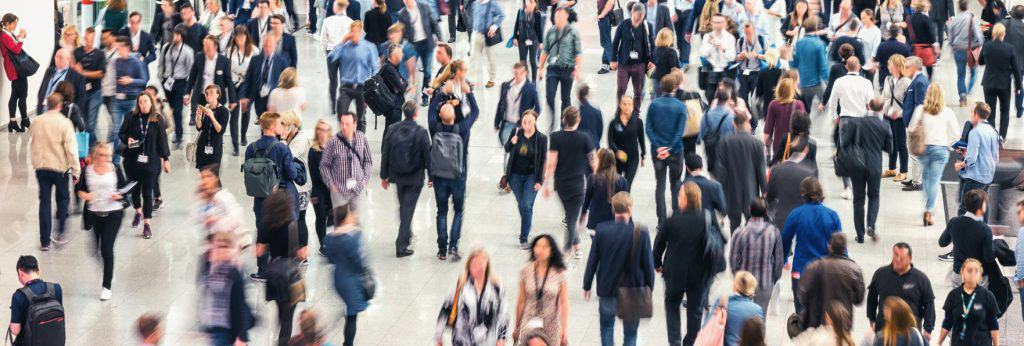
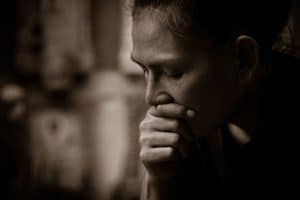 Conversations about occupational health and safety (ohs) occur very rarely unless you are an educator who talks about this stuff every day. We manage health and safety and advise on it but rarely get a chance just to talk about safety with peers. This is where documents like the
Conversations about occupational health and safety (ohs) occur very rarely unless you are an educator who talks about this stuff every day. We manage health and safety and advise on it but rarely get a chance just to talk about safety with peers. This is where documents like the 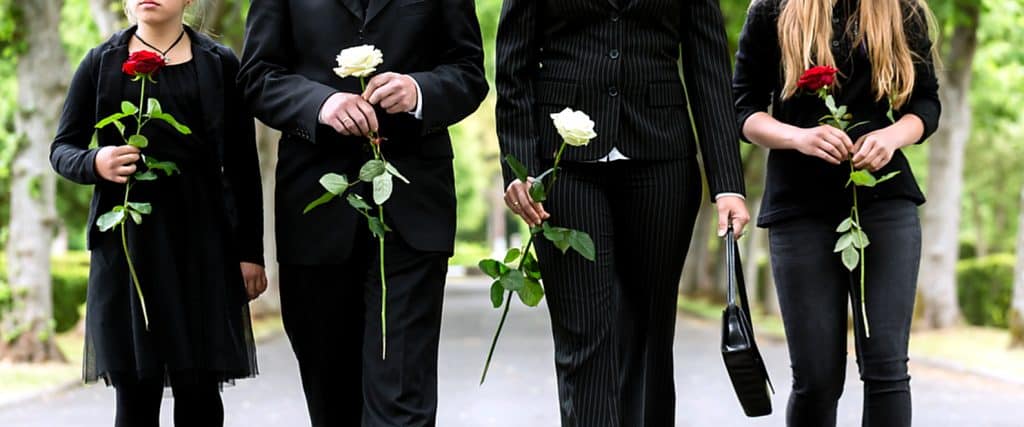 Last time we looked at the Australian Senate Inquiry into “
Last time we looked at the Australian Senate Inquiry into “